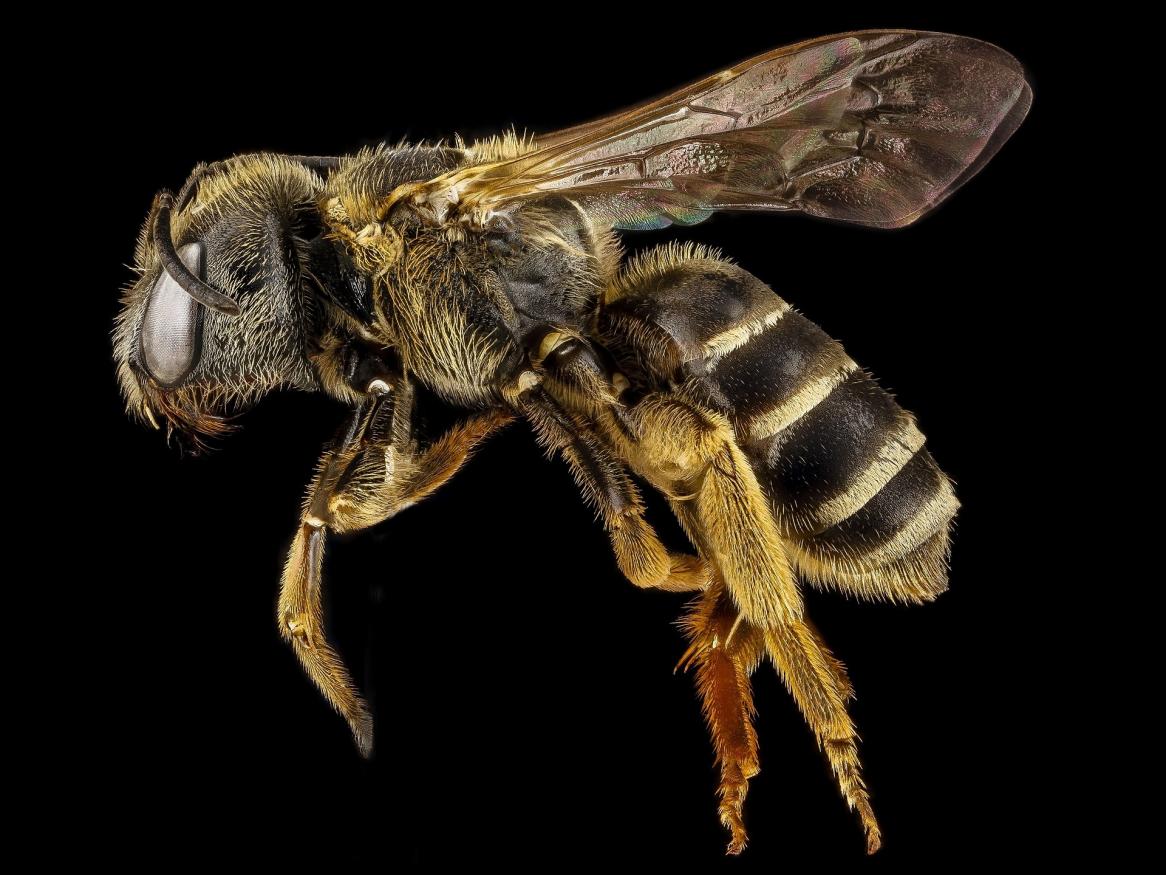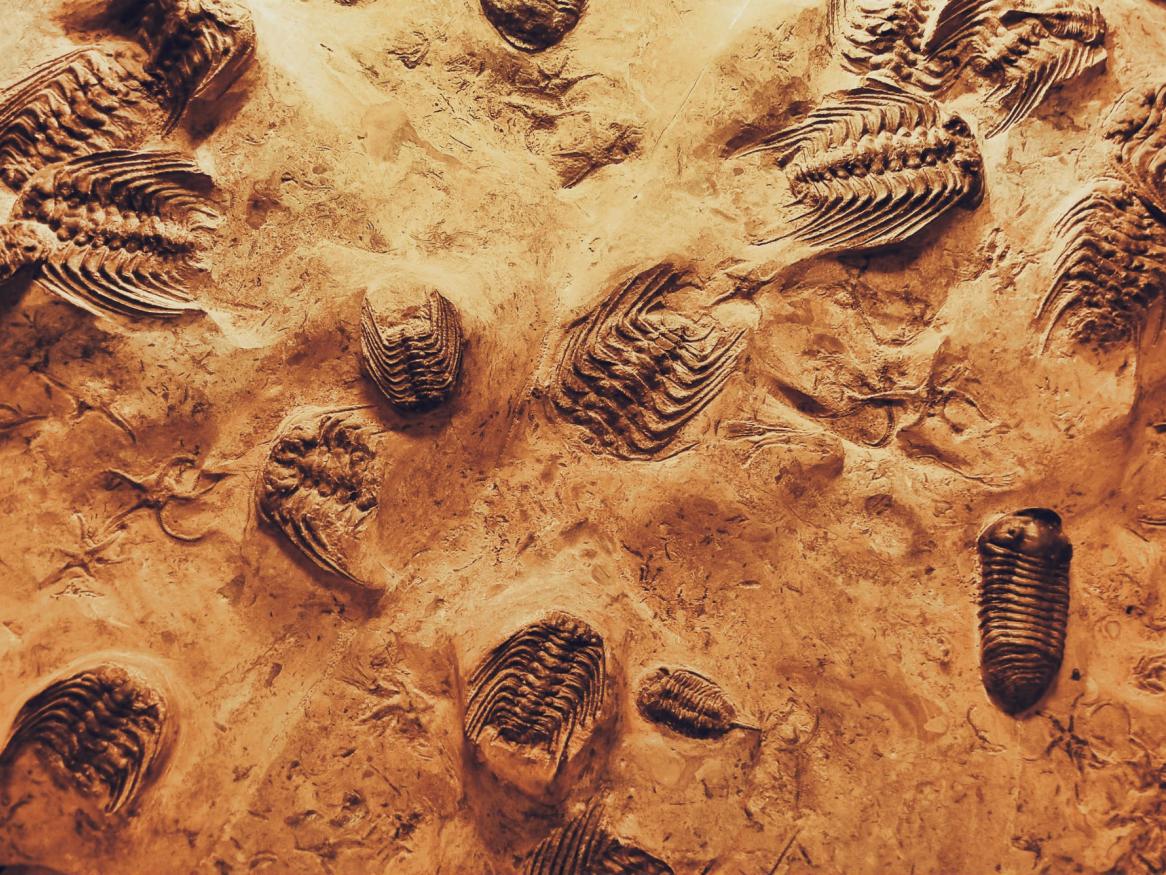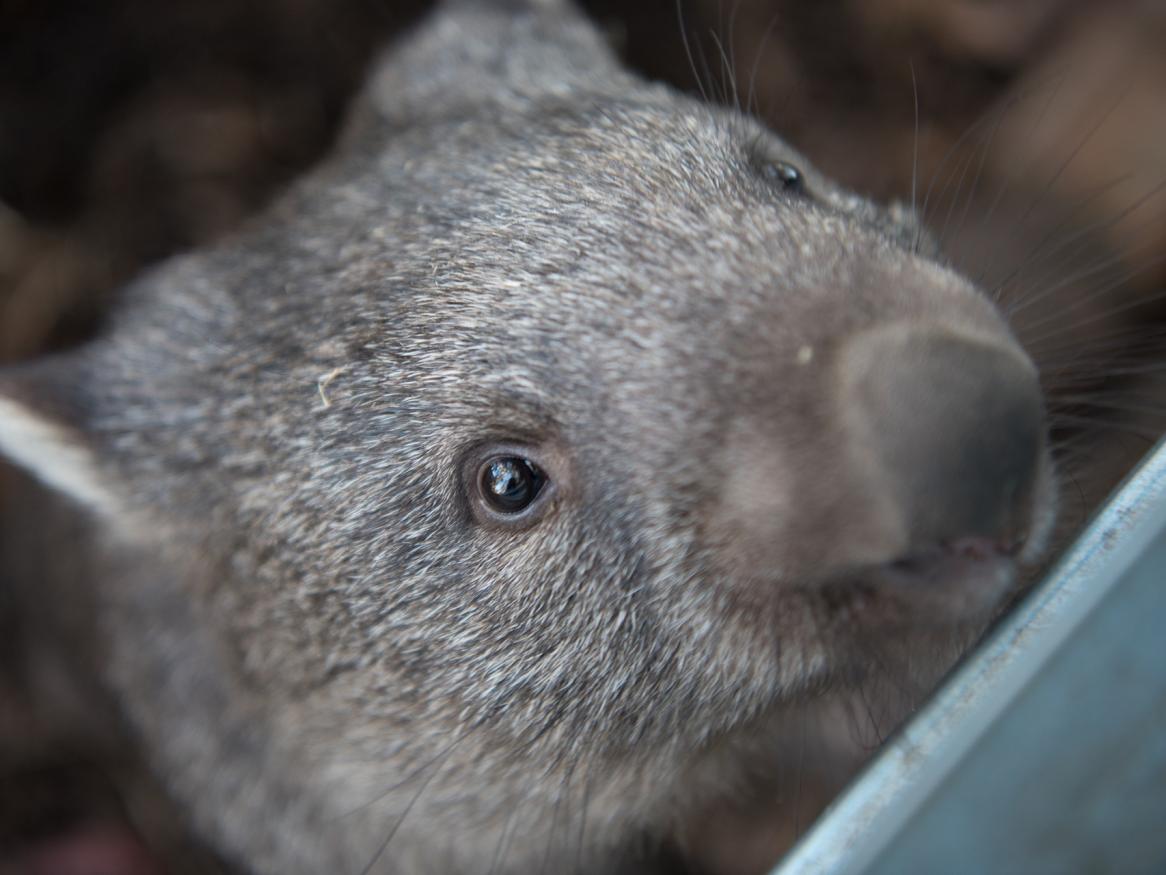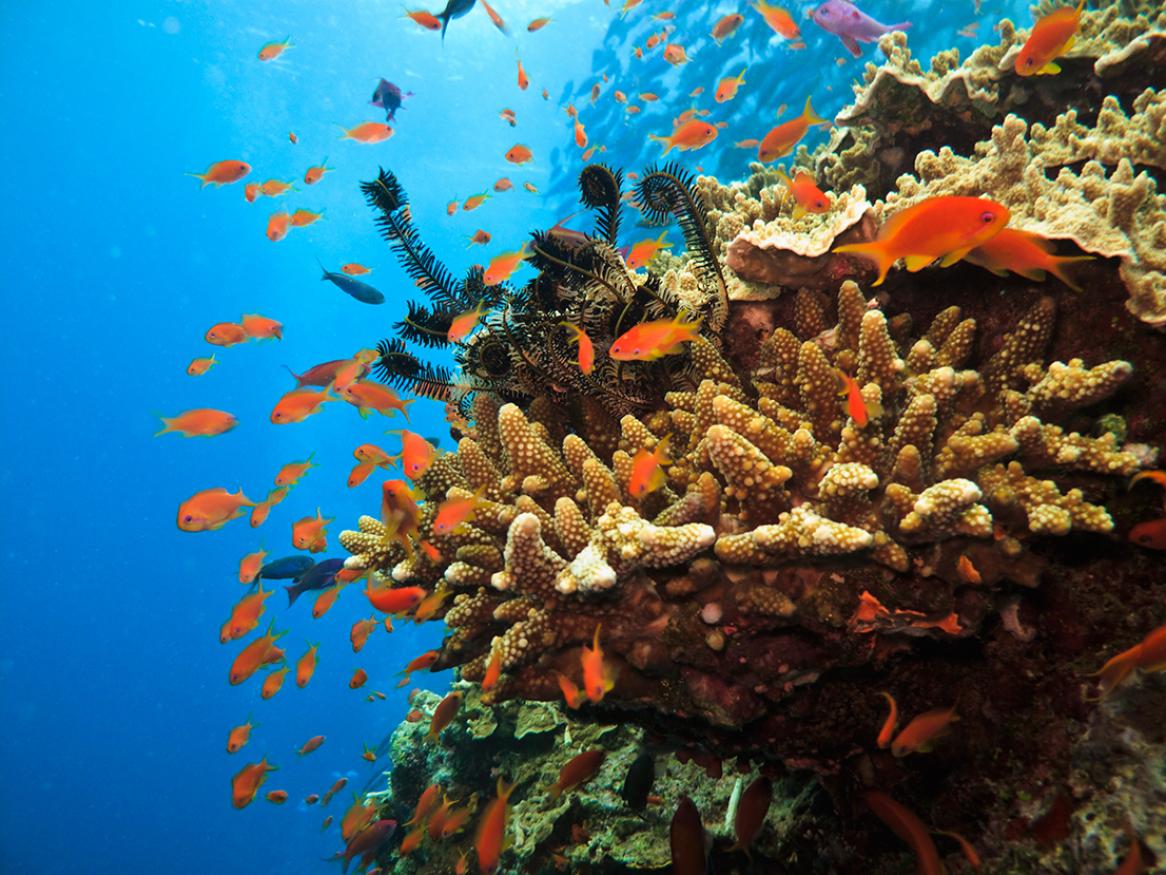News: biodiversity
Research Tuesdays Lecture Series: Preserving biodiversity

How do we best control invasive species––and how can science advances help?
[Read more about Research Tuesdays Lecture Series: Preserving biodiversity]
Ocean Warming Threatens Richest Marine Biodiversity

Creatures that make their homes in tropical waters have enjoyed mostly unchanged temperatures for the past twenty thousand years. Now, new research from the University of Adelaide suggests that these extremely biodiverse areas will be hit the hardest by climate change-induced oceanic warming – and the wildlife is not ready to adapt.
[Read more about Ocean Warming Threatens Richest Marine Biodiversity]
A return to the wild for better immune health

Revegetating green spaces within cities can improve soil quality and has been linked to human health benefits.
[Read more about A return to the wild for better immune health]
Buzz off honey industry, our national parks shouldn’t be milked for money

Among the vast number of native species damaged by the recent bushfire crisis, we must not forget native pollinators. These animals, mainly insects such as native bees, help sustain ecosystems by pollinating native plants.
[Read more about Buzz off honey industry, our national parks shouldn’t be milked for money]
Preventing biodiversity change with natural laboratories

With our support, the International Panel for Climate Change has now documented the effects of global climate change on every biome on earth.
[Read more about Preventing biodiversity change with natural laboratories]
Exploring the past to conserve the future

Conserving global biodiversity and preventing extinction is as much about digging into the past as it is about finding the new.
Knowing where the wild things are

Technology improving species distribution modelling supports evidence-based decision making for natural resources management.
‘Revolutionary change’ needed to stop unprecedented global extinction crisis

The exploitation of the land and sea is the number one reason for biodiversity extinction, according to a new report.
[Read more about ‘Revolutionary change’ needed to stop unprecedented global extinction crisis]
